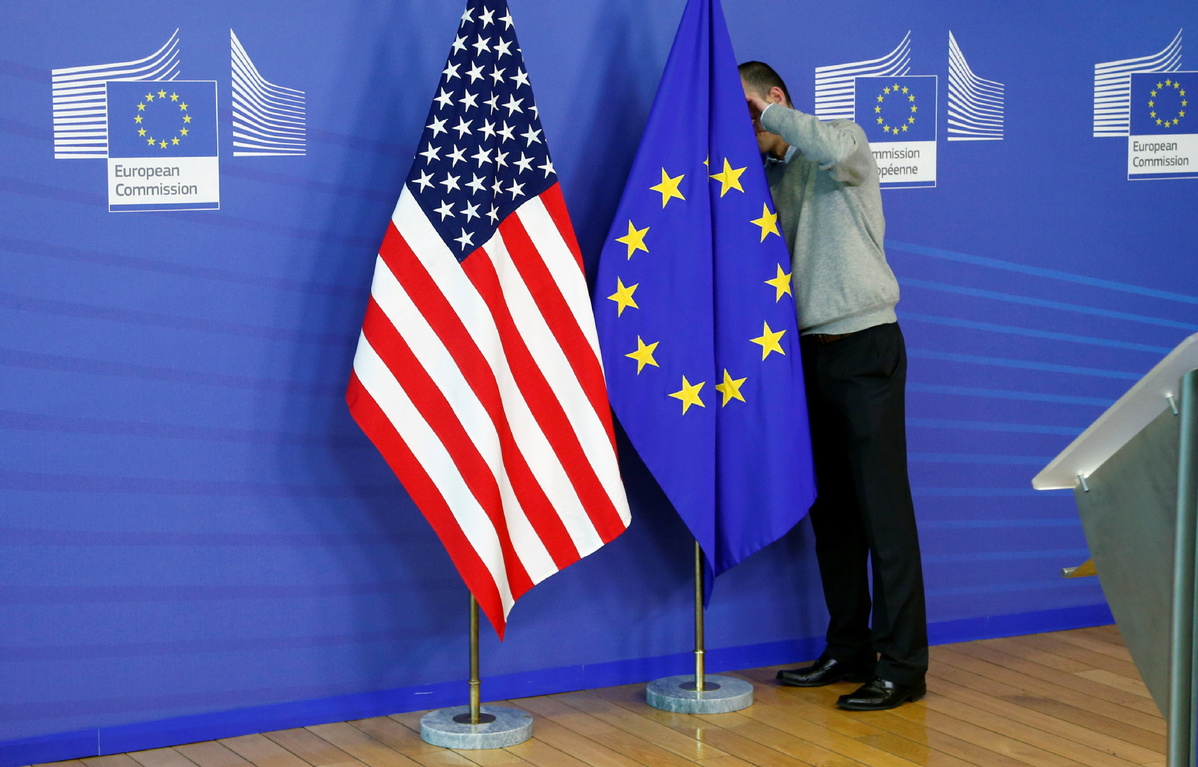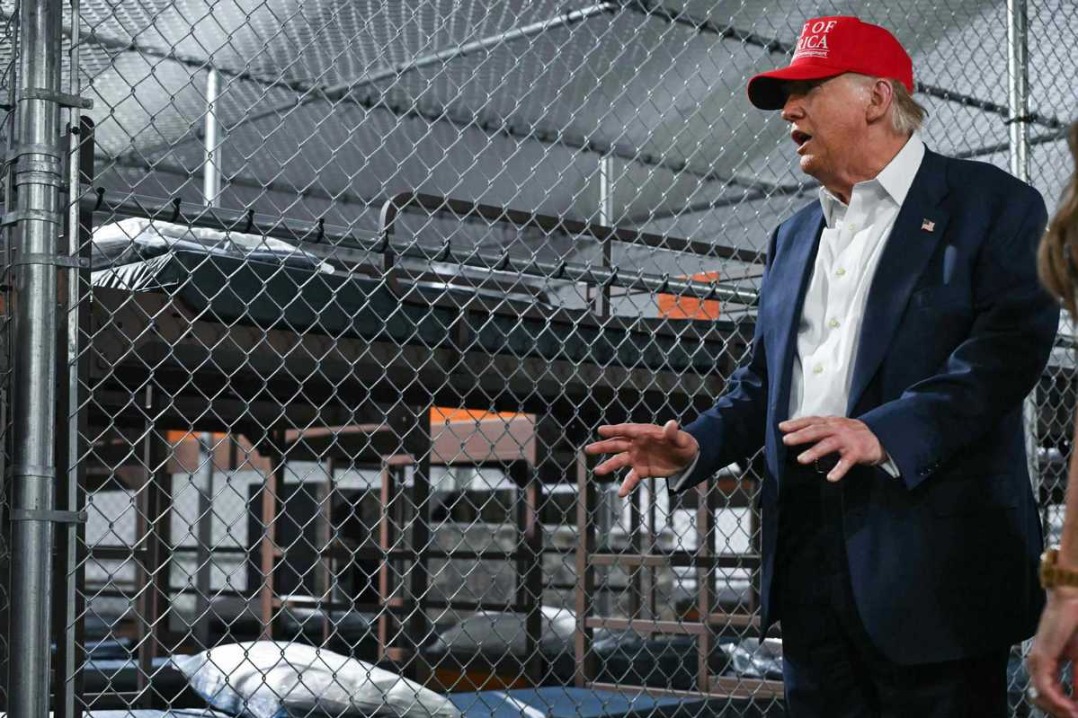Allies seek compromise over digital tax dispute


The European Union and the United States are reported to be looking for a compromise to avoid falling out over the bloc's plan to impose a levy on digital companies, after Washington pointed out that new regional taxation penalties were unhelpful when the world was in the process of trying to finalize a major global tax agreement.
After having won the approval of the G7 leaders at their summit in England last month, the groundwork for US President Joe Biden's proposals for a new global corporation tax system were approved by 130 countries at a meeting of the Organization for Economic Cooperation and Development, or OECD, in Paris last week.
When the G7 agreement was announced, European Commission President Ursula von der Leyen hailed it as "a big step toward fairness and a level playing field", but did not remove tech firms from her regulatory sights.
Even before she took over as EU president, in a speech in November 2019, von der Leyen said: "Europe puts values, rights, trust and the rule of law above all else, ... this must also apply to the European approach to the digital age. For us, new technologies will never mean new values."
This combative approach has not proved so popular across the Atlantic, however, with The Financial Times reporting that high-ranking figures in the US Treasury have questioned whether her digital levy plan could run contrary to the newly-backed global deal.
'Constructive' exchange
This matter is expected to be high on the agenda when leading figures from both the US and the EU meet later this week, ahead of Friday's gathering of G20 finance ministers in Venice, Italy.
US Treasury Secretary Janet Yellen has already had what was described as "a good and constructive first exchange" over the issue with the European Commission's vice-president for digital and competition policy, Margrethe Vestager, a longtime close associate of von der Leyen.
To make things more complex, money generated by the planned digital levy is expected to be used in the EU's COVID-19 recovery program.
However, the commission's executive vice-president for trade, Valdis Dombrovskis, said discussions around the levy were "ongoing" and he was confident its content would not clash with the substance of what was agreed at the OECD gathering.
"We are working with our international partners to make sure the rollout of the levy does not interfere with the process at the OECD where an important agreement has been reached," he said. "We see this as complementary as it is going to cover a broad company base."
Senior figures in Brussels are also keen to point out that the new European proposals are to be applied across the tech sector, rather than focusing on US-based global giants, and they remain hopeful that it can be established that there is no conflict between the two sides' aims.
































